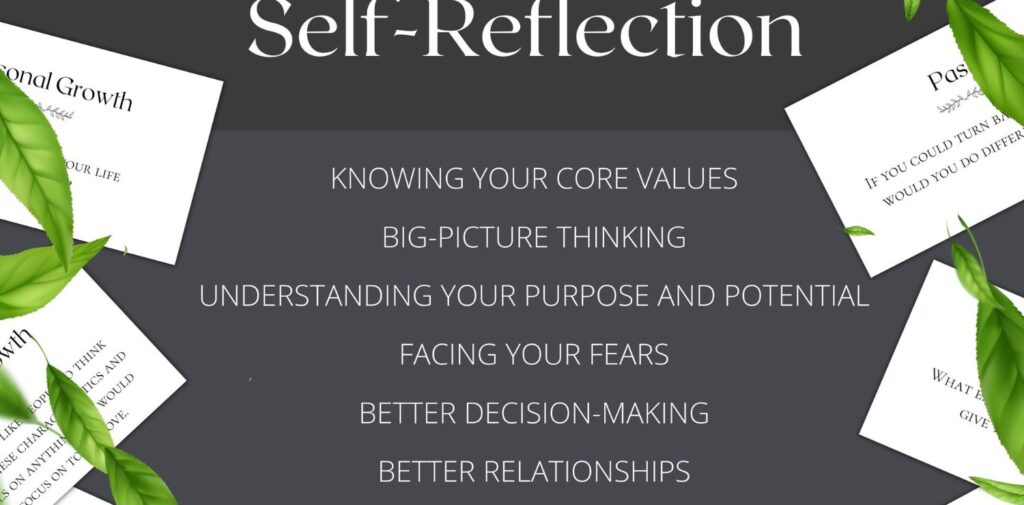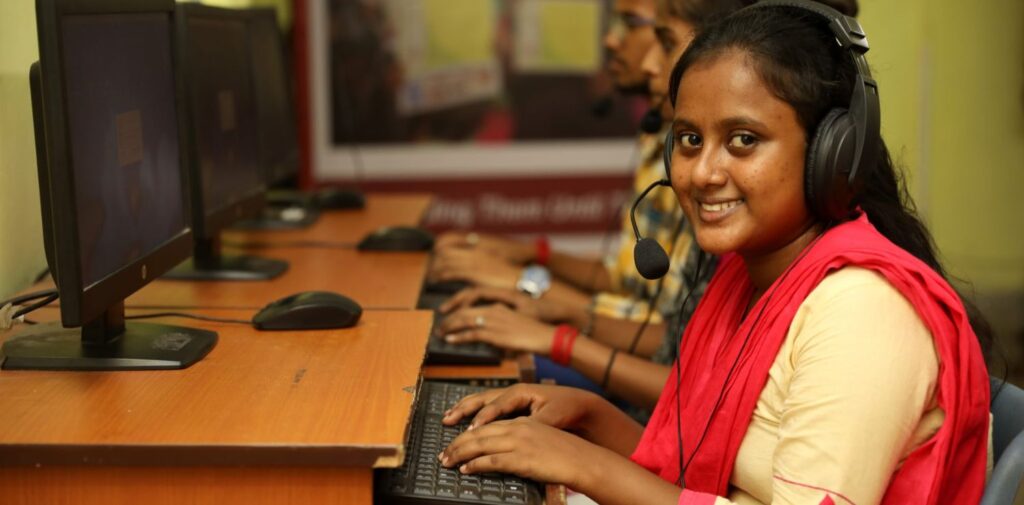Self-reflection is one of the most powerful tools for personal growth and self-improvement. In today’s fast-moving world, we often become so busy that we forget to pause and think about ourselves – our actions, thoughts, and decisions. But self-reflection allows us to understand ourselves better and live a more meaningful life. Especially in the Indian context, where cultural values, traditions, and society play an important role in shaping our lives, taking time to reflect becomes even more necessary. Let us explore why self-reflection is important and how it can bring positive change in our lives.
What is self-reflection?
Self-reflection simply means thinking deeply about yourself – your behavior, your thoughts, your emotions, and your experiences. It is like looking into a mirror, not to see your face but to see your inner self. It helps you understand what you did right, where you went wrong, and how you can improve in the future.
In Indian philosophy, self-reflection has always been given great importance. Our scriptures, such as the Bhagavad Gita, talk about self-awareness and inner knowledge. Saints and sages have encouraged people to look within to find peace and purpose in life. Today, whether you are a student, a professional, a homemaker, or a retired person,this can help you make better choices and lead a happier life.

Why is self-reflection important in daily life?
We all face challenges, make mistakes, and go through ups and downs. But if we do not reflect on these experiences, we do not learn from them. Self-reflection gives us the opportunity to learn and grow every day.
For example, if a student gets poor marks in an exam, instead of blaming the teacher or the question paper, they can reflect and think – Did I study properly? Was my time management right? This honest thinking can help improve performance in the next exam.
Similarly, in relationships, we often get into arguments. By reflecting on our behavior, we may realize that we were too harsh or did not listen patiently. This helps in improving relationships and avoiding future conflicts.
Benefits of self-reflection
There are many benefits of self-reflection. Here are some important ones:
- Better decision making: When we think clearly about our past decisions, we become more careful and wise while making new ones.
- Emotional control: This helps us understand our emotions. We become calmer and more balanced in our behavior.
- Improved relationships: Reflecting on how we treat others helps us become more respectful and caring.
- Personal growth: We learn from our mistakes and grow into better versions of ourselves.
- Stress relief: When we understand ourselves, we feel more in control and less stressed.

How to practice self-reflection in simple ways
Many people think that self-reflection is something complicated or time-consuming. But the truth is, it can be done easily by anyone. Here are some simple ways:
- Journaling: Write down your thoughts, feelings, and daily experiences in a diary. This helps you look back and understand your patterns of behavior.
- Quiet time: Spend a few minutes alone every day, without any distractions. Sit in silence and think about your day – what went well and what could have been better.
- Ask questions to yourself: At the end of the day, ask questions like – What did I do today? How did I treat others? Did I follow my values?
- Meditation and prayer: In India, meditation and prayer are common practices. They help in calming the mind and focusing on the inner self.
- Talking to a trusted person: Sometimes, talking to a friend or mentor helps in understanding your thoughts and actions better.
Challenges people face in self-reflection
Even though self-reflection is helpful, some people find it difficult. One common reason is fear – fear of facing your own flaws. It takes courage to accept that we are not always right.
Another challenge is the lack of time. In busy cities like Mumbai, Delhi, or Bangalore, people are always in a rush. But even 10 minutes of self-reflection can make a big difference.
Sometimes people do not know where to start. They feel confused about what to think or write. In such cases, guided reflection questions or help from a teacher or counselor can be useful.

How self-reflection can help Indian youth
India is a young country with a large number of students and young professionals. They are full of energy and ideas, but also face a lot of pressure – from studies, career, family, and society. This can act as a guiding light for them.
For example, instead of blindly following what others are doing, young people can reflect on what they truly want in life. This helps in choosing the right career, building better relationships, and avoiding wrong habits.
In the age of social media, youth often compare themselves with others, which can lead to anxiety and low self-esteem. Through self-reflection, they can focus on their own strengths and work on their weaknesses.
Conclusion
In a world full of noise, self-reflection brings silence. In a world full of confusion, it brings clarity. And in a world full of competition, it brings peace. It is not something that needs money, technology, or special skills. All it needs is a few minutes of honest thinking.
Whether you are a student preparing for exams, a homemaker managing your family, or a professional chasing success, This can help you live a better and more meaningful life. It teaches us to pause, think, learn, and grow.
Just like we clean our house regularly, we must also clean our thoughts and actions. And for that, self-reflection is the best tool we have. Start today, and you will soon see the difference in your life.




